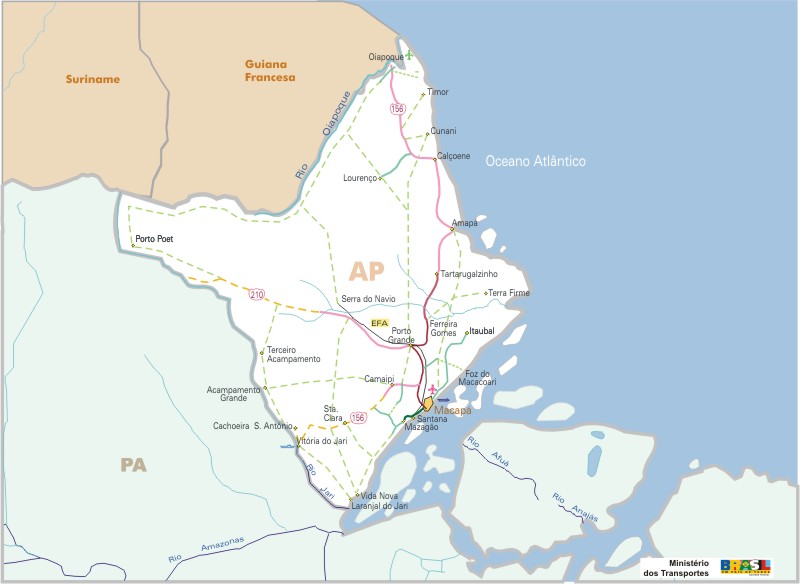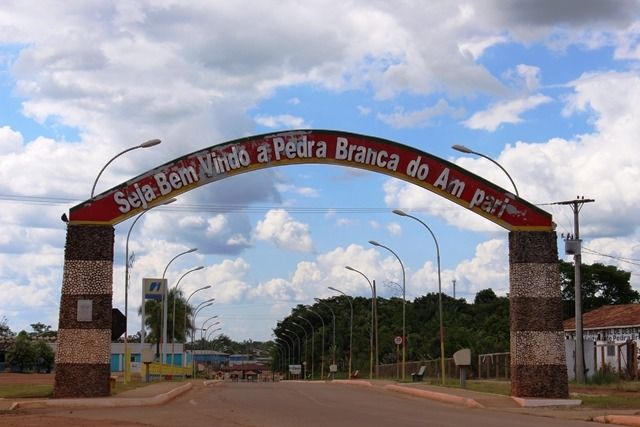RIO DE JANEIRO, BRAZIL – The Brazilian State of Amapá, bordering French Guyana and Suriname, announced today that it fined the mining company Mina Tucano, a subsidiary of the Canadian company Great Panther, R$50 (US$8.7) million for having caused unprecedented fish mortality in the extreme north of the Amazon as a result of contamination by mercury cyanide used for gold extraction.
This was announced today by the Secretariat of the Environment of the State of Amapá, in the extreme north of Brazil, which indicated that the fine was applied on December 21 for the contamination of two streams in the municipality of Pedra Branca do Amaparí, some 200 kilometers from Macapá, the capital city.

Mina Tucano, which specializes in gold, is a Great Panther Mining Limited subsidiary headquartered in Vancouver, Canada, with operations in Brazil, Mexico, and Peru.
The technical report of the environmental secretary of Amapá indicated that there was environmental contamination due to the release of industrial liquids into natural waters, which resulted in the alteration of water quality and fish mortality.
“After a thorough collection and analysis, it was found that the water bodies of the Silvestre and Areia streams suffered interventions that resulted in environmental damage with a negative impact on physical, biotic and socioeconomic environments, indicated by the significant loss of aquatic fauna,” said the environmental secretary, Josiane Ferreira.
The report, says a statement from the state government of Amapá, indicates that a high concentration of cyanide from a waste dam of the mining company was detected, which caused the death of fish in the streams.
Mining in the Amazon rainforest is carried out outside demarcated indigenous lands in Brazil.
A bill sent to Congress by President Jair Bolsonaro authorizes low-scale mining companies and cuentapropistas to explore indigenous reserves as part of an attempt to impose an agenda that would reduce the national parks and demarcated lands granted by the State until 2019 to native populations.

Reports broadcast by Amapá’s local television indicated that the riverside populations in the region surrounding the gold mine were left without food with the death of fish and the water contamination.
In addition, several residents of the jungle region had problems such as headaches and discomfort due to water contamination during November.
The region is one of the least economically explored in Brazil. It is part of difficult access and poor logistics with French Guyana and Suriname.

